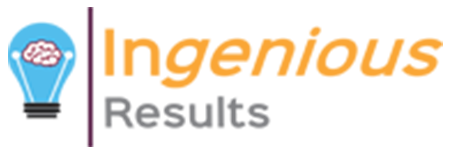6 Ways CRM Software Can Help Reduce Costs for Your Business

Customer Relationship Management (CRM) software is a powerful tool that goes beyond managing customer interactions; it can also contribute significantly to cost reduction in various aspects of your business. Here are six ways CRM software can help reduce costs:
- Automation of Repetitive Tasks:
CRM systems can automate routine and repetitive tasks, such as data entry, lead scoring, and follow-up emails. This reduces the need for manual intervention and frees up employees to focus on more strategic and value-added activities. Automated workflows can streamline processes, minimizing errors and improving overall efficiency.
- Improved Sales Efficiency:
CRM software provides a centralized platform for managing sales activities, leads, and customer information. This helps sales teams prioritize their efforts on high-potential leads and opportunities. By optimizing the sales process, businesses can reduce the time and resources spent on pursuing leads that are less likely to convert into customers.
- Enhanced Customer Service and Retention:
CRM systems enable businesses to provide better customer service by giving employees access to comprehensive customer profiles and interaction histories. Satisfied customers are more likely to remain loyal, reducing the costs associated with acquiring new customers. Additionally, proactive customer support can help prevent issues and minimize the need for reactive, costly solutions.
- Targeted Marketing Campaigns:
CRM data allows businesses to segment their customer base and target specific demographics with more personalized marketing campaigns. By tailoring marketing efforts to the preferences and behaviours of different customer segments, businesses can optimize their marketing budget and improve the return on investment (ROI) for marketing activities.
- Data-Driven Decision Making:
CRM systems provide valuable insights into customer behaviour, preferences, and trends. Businesses can use this data to make informed decisions about product development, marketing strategies, and resource allocation. Data-driven decision making helps avoid unnecessary expenditures on initiatives that may not align with customer needs or market trends.
- Streamlined Communication and Collaboration:
CRM software facilitates better communication and collaboration among teams by providing a centralized platform for sharing customer information. Improved collaboration reduces the chances of miscommunication and duplication of efforts, leading to more efficient use of resources and time.
It’s important to note that while CRM software can contribute to cost reduction, the effectiveness of these benefits depends on how well the system is implemented and integrated into existing business processes. Businesses should invest time in training employees, customizing the CRM to suit their specific needs, and regularly updating and maintaining the system to ensure ongoing efficiency gains. Additionally, businesses should choose a CRM solution that aligns with their industry requirements and growth plans to maximize the long-term cost savings.
